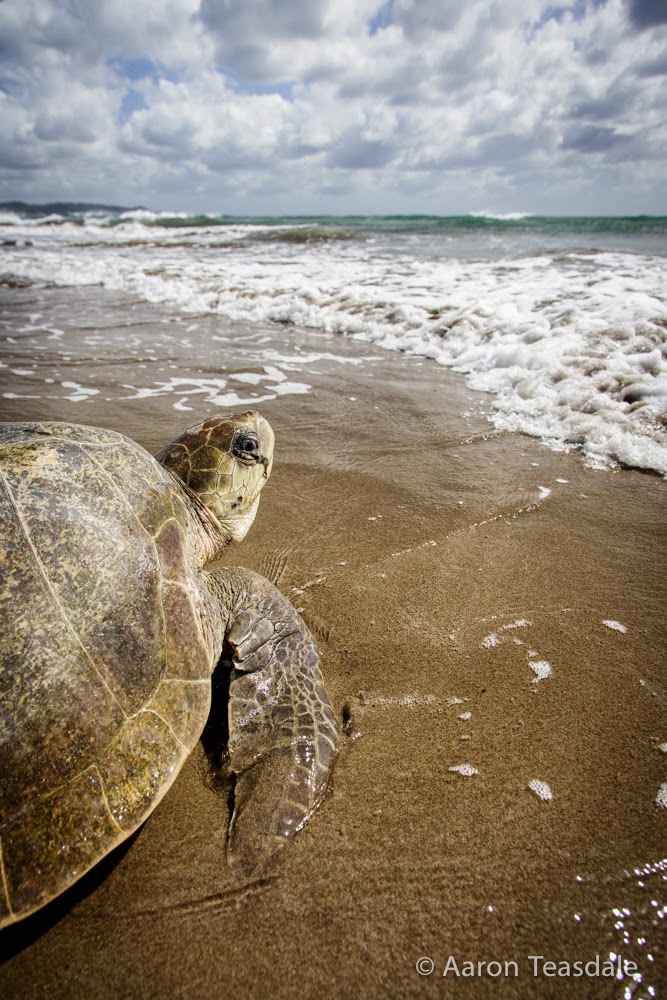This is our "Christmas tree" from last year. My wife, Jacqueline, made it Swiss Family Robinson-style from little pieces of ocean driftwood tied together with blades of grass. The gifts are packs of gum, little packages of cookies, and other things we'd bought for each other on the sly at street markets and the little, family-owned pulperias that are ubiquitous in rural Nicaragua. They're wrapped in newspaper or whatever colorful paper we could find.
 |
| This was the commercial district in Rivas, the largest city in the region. Lots of eggs, rice, and Chinese counterfeit goods. |
But first we had to get there.
Getting around Nicaragua by bus is always an adventure and this time was no different. Just finding the bus "station" in the old colonial capital of Granada required serious chaos-management skills. With our very non-Nicaraguan amount of gear (camera pack, inflatable paddleboards in wheeled duffles, etc.) we stood out like a gringo parade. People in the U.S. marvel at how we lived out one bag each for nine months, but we still had way more stuff than the average Central American.
 |
| The Granada bus station. Hard to find; exciting to navigate. |
 |
| There's always room for a few more on Nicaraguan buses. They're never "full." |
By American standards, we had a very "poor" Christmas. But we didn't feel poor. Everyone was happy with their simple presents and laughed at the stories of how we secretly acquired them. We had a remote surf shack, endless golden beaches, new friends, and each other. There are a lot of ways to be wealthy, but by every one that matters to me we were rich.
 |
| We always made sure to catch the fruit truck that rattled down the dirt road behind our beach casita each day. |



 |
| Our friend Shawn Sheeley, who stopped by for a couple days while on a trans-Central America motorcycle trip, reburying the eggs at the exact same depth and distance from the water as we found them. |
The New Year arrived in a celebratory blaze of bonfires and fireworks. Nicaraguans love fireworks. By the time the clock actually turned to 2014 the boys were fast asleep in their bunks after a big day in the waves. Jacqueline and I stood barefoot on the sand under the stars, gazing down the coast as fireworks sprayed the sky. It's long gone now, but it's a moment I'll never forget.
May the holidays and new year bring your own simple pleasures and the love of friends and family. It's really all that matters in this life.
























No comments:
Post a Comment